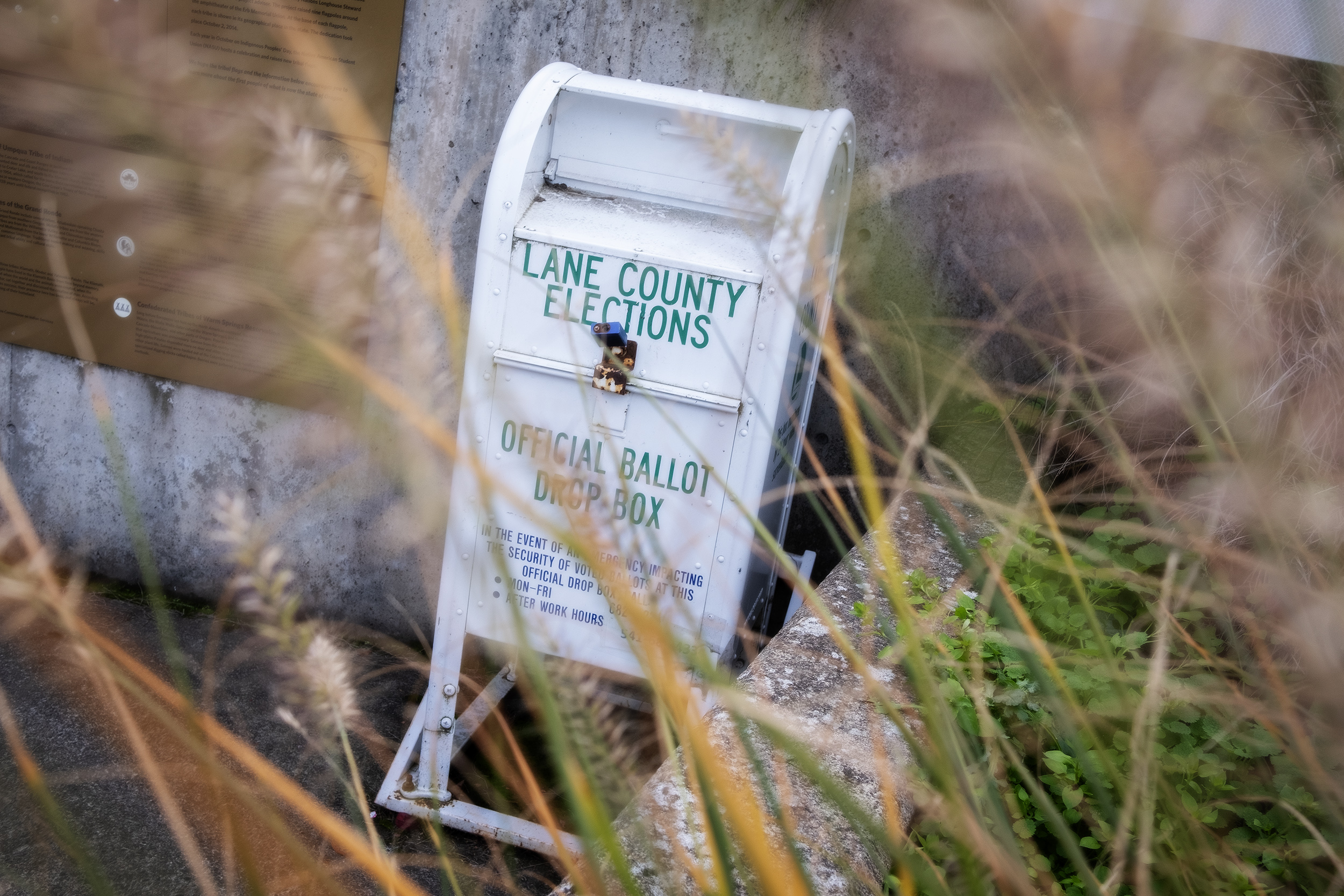A majority of Americans wish to reform or replace the Electoral College with the popular vote.
~ By Connor McWard, Sophie Mullaney, Isaac Oronsky, Ian Proctor
In 2016, Hillary Clinton won more votes, but Donald Trump won the presidency. This outcome, where the president won the people’s vote but lost the election, has happened four other times in U.S. history.
Most Americans disagree with the current system. According to a 2024 Pew Research Center study, 63% prefer that the popular vote to decide the next U.S. president.
Some argue for abolishing the Electoral College because the system gives unequal representation to individuals in different states. This runs contrary to the United States’ “one person, one vote” promise. Because of how electors are apportioned, a person’s vote in Wyoming, the least populous state, was worth 3.5 times as much as a vote in California, the most populous state, according to Oliver Ernst, writing in a 2020 article on Medium.
Another criticism is that a select number of “swing” states play a key role in deciding the outcome of an election. In 2020, almost three-quarters of all campaign events were held in just six swing states, according to Benjamin Oestericher in Fairvote.org. This year, most election professionals predict that seven states, Pennsylvania – Georgia – Michigan – Wisconsin – Nevada – Arizona – and North Carolina, with a total of 93 Electoral College votes, will be the deciding factors.
Jonathan Hanania, a student at the University of Oregon, believes the Electoral College system doesn’t include the needs of the rest of the country. He thinks that using the popular vote to determine elections is a better alternative.
“With the popular vote, [candidates] would be playing to the needs and desires of every voter — not just voters in specific locations,” Hanania said.
Michael W. McConnell, a law professor, said in a Stanford Magazine article that if the United States were to use a popular vote but a candidate doesn’t win by a clear majority, then we should “imagine a Florida-style recount in every precinct in America.” The article, written before the 2016 election, argues that the Electoral College reduces the cost and confusion of elections.
Views on the issue are partisan. According to the Pew survey, 80% of U.S. Democrats support a constitutional amendment to reform or abolish the Electoral College, while only 46% of Republicans feel the same.
Abolishing the Electoral College system would necessitate the passing of a Constitutional amendment, requiring two-thirds of both the House and Senate to approve the change, as well as ratification by three-fourths of the State legislatures. In the 1950s, an amendment to abolish it passed the Senate but narrowly failed in the House. More recent efforts have also failed.
Common Cause, a nonprofit based in Washington D.C., is working on another method of reform to the Electoral College that wouldn’t require a constitutional amendment. The National Popular Vote Compact would implement a popular vote system if “states with 270 electors — a majority — joined in,” according to their website.
According to the National Popular Vote website, 18 states, and the District of Columbia, have joined the National Popular Vote Interstate Compact.

Leave a Reply